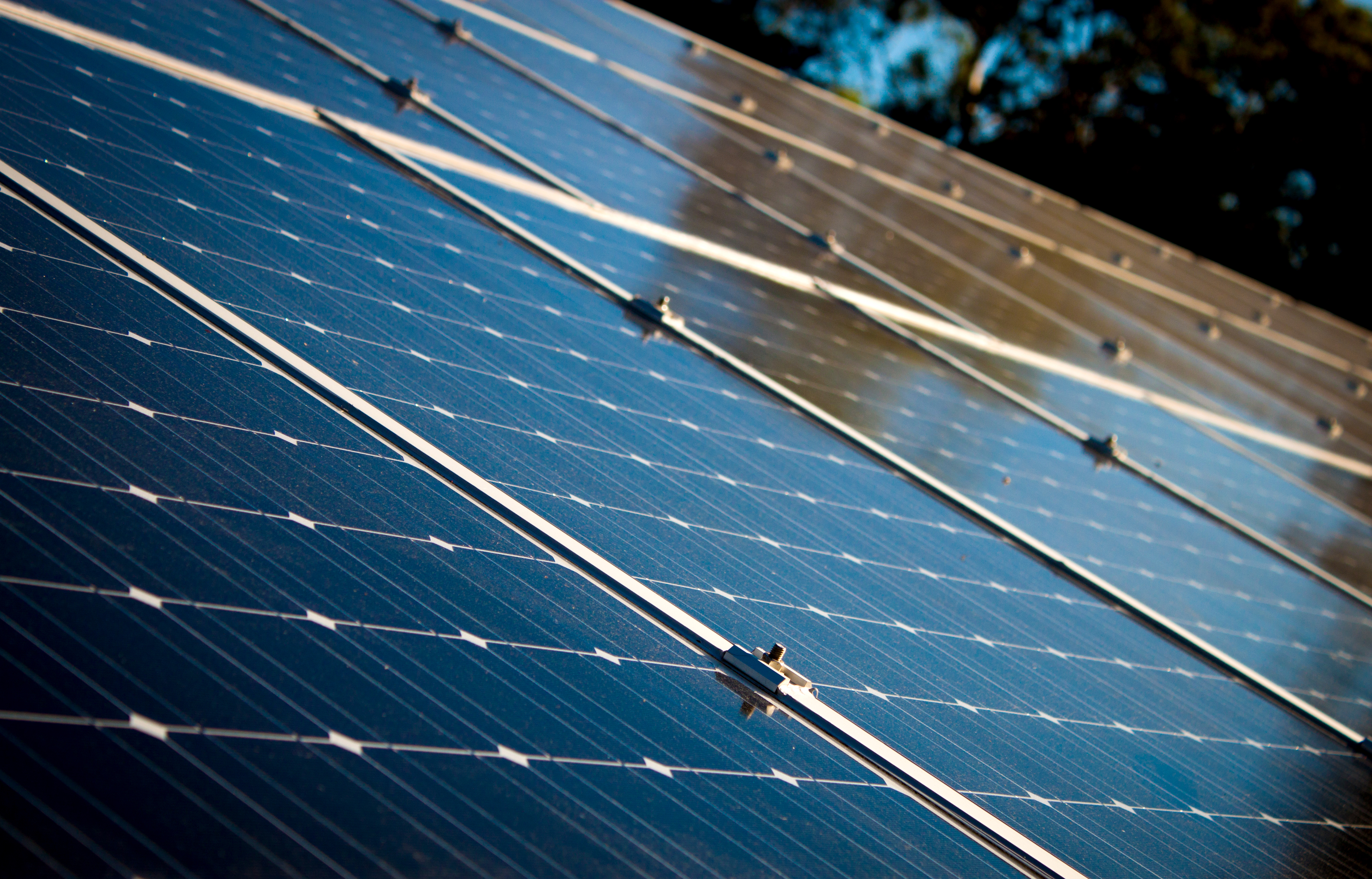Home owners and businesses in all local authority areas are set to face a significant increase in electricity costs to help pay for new subsidies for renewable energy under an overhaul planned by Denis Naughten, Minister for Communications, Climate Action and Environment.
Ireland has to meet demanding CO2 emissions targets by 2030. These changes to the Renewable Electricity Support Scheme (RESS), which will now go out for public consultation, are designed to help according to the department.
However, according to Department officials, the price rises caused by increases in this levy
are expected to fall away as the cost of producing green energy falls. Currently, the money collected from the PSO levy is used to subsidise renewable energy generation and peat-burning power plants operated by Bord na Móna.
It is also used to secure the Irish electricity supply. Details of the RESS were published in September by Minister for Climate Action and the Environment, Denis Naughten. The RESS endorses the most successful models used elsewhere, notably in Denmark, Canada and Scotland, which also promote community participation in renewable electricity projects.
“Communities and citizens will actively participate in and benefit from renewable projects in their local area,” Mr Naughten said. Major developers will have to facilitate community involvement in any of their projects approved for RESS support. In Denmark developers have to offer a 20% community share ownership for wind projects with turbines larger than 25m.
Separately, there will be supports for community groups who propose appropriate projects with ring-fenced funding. As a consequence schools, sports clubs, farmers and other groups will be able to participate in the scheme. If approved they will receive support for the renewable electricity they generate and get access to the national grid.
In the course of developing this consultation document, the Department of Communications, Climate Action and Environment commissioned two studies – the first by Cambridge Economic Policy Associates (CEPA) offered an economic assessment of renewable technologies while the second by Ricardo Energy and Environment (Ricardo) assessed support models for community
ownership of renewable energy in Ireland.
Both of these reports are available to view on the Department’s website. On the basis of these studies, a range of policy measures have been identified and the Department is now seeking public feedback on these.
As the consultation paper presents the emerging approach to the design principles of the new RESS, Minister Denis Naughten strongly encourages all stakeholders to submit their views before the deadline of November 3 2017.
Competitive auctions
The restructuring of subsidies in this sector provides for a wide range of energy sources but is “technology agnostic”, i.e. it does not favour one energy source over another. Instead projects will have to go through a process of “competitive auctions”, which Mr Naughten said was “the best way to ensure value for money for electricity consumers, enhancing the security of supply and broadening the renewable technology mix”.
The RESS, however, excludes on cost grounds support for individuals proposing “micro and small-scale renewable generation” such as householders using rooftop or “ground-mounted” solar panels.
The Minister has asked the Sustainable Energy Authority of Ireland to examine how best micro-generation can be supported. The Solar Energy Association of Ireland gave a cautious welcome for some solar aspects of the RESS in The Irish Times, but said the Government was not being ambitious enough.
Its chief executive Michael McCarthy said: “We still don’t know what the Government wants to do with capacity. There’s no clear timeline. There is no budget indicated”.
There was no ratio between wind and solar provided, while the association was dubious about its “technology-agnostic aspect”. He added that when the UK adopted such an approach it resulted in “wind, wind and more wind” being supported.
He said solar energy was key to Ireland reaching its targets for renewable electricity as it could be rapidly deployed.
The new scheme is intended by the Government to incentivise the introduction of sufficient renewable electricity generation to meet national and EU-wide renewable energy and decarbonisation targets out to 2030.
Reflecting a broader movement towards greater public and citizen engagement in relation to energy policy, the emerging principles of the scheme are now being presented for public consultation.
Communities
The new scheme will be designed to increase community and citizen participation in the energy transition to a low carbon economy. Communities and citizens will actively participate in and benefit from renewable energy projects in their local area. The consultation sets out a number of policy options to support both community-led projects and developer-led projects with material community involvement.
These options reflect both extensive community engagement at home and the experience of countries such as Denmark, Canada and Scotland who are world leaders in promoting community participation in renewable electricity projects
Diversification
The new scheme will be designed to help realise the Government’s objective of broadening the renewable energy mix. As renewable technologies mature and costs fall, Ireland is well placed to take advantage and greatly diversify its renewable portfolio. However, as some technologies will cost more than others to deliver, public opinion is being sought now for its views on how quickly, and how deeply, this diversification ambition should be progressed.
Micro-generation
In the course of preparing the new scheme, opportunities for micro and small-scale generation have been explored. Financial mechanisms have been investigated, and the experience of other EU member states in reforming network structures and charges, dealing with cost burden-sharing and ensuring just compensation for self-generating consumers, have been examined.
The economic evidence indicates that meeting Ireland’s renewable electricity targets and renewable diversity ambitions are more cost-effectively achieved at large and medium scale.
As a result, micro-generation has not been included directly under the emerging principles of the new RESS. However Minister Naughten remains committed to finding a correct mechanism for developing small and micro-scale generation in Ireland. To progress it, the Minister has asked the Sustainable Energy Authority of Ireland (SEAI) to facilitate a workshop on micro-scale generation on 17 October 2017.
The Government says it fully recognises the wider societal benefit that micro and small-scale generation can play in both increasing acceptance of and promoting renewable energy projects. The Department of Communications, Climate Action and Environment, in collaboration with SEAI, will develop a policy position on how best to support small and micro-scale generation.
RESS Structure
The new RESS will largely be shaped by EU State Aid Guidelines which call for competitive auctions and bidding between project developers for state support. However, the Department can further impose downward pressure on renewable electricity costs by designing a scheme that takes best advantage of falling renewable technology costs and increases public acceptance.
The proposed design allows the Government to control both the costs and the level of RES-E ambition. It is highly flexible, can respond to market-driven outcomes, and take advantage of maturing technologies.
Speaking at the launch of the public consultation process, the Minister said that the scale of transformation needed to meet our low carbon transition targets cannot be overstated.













